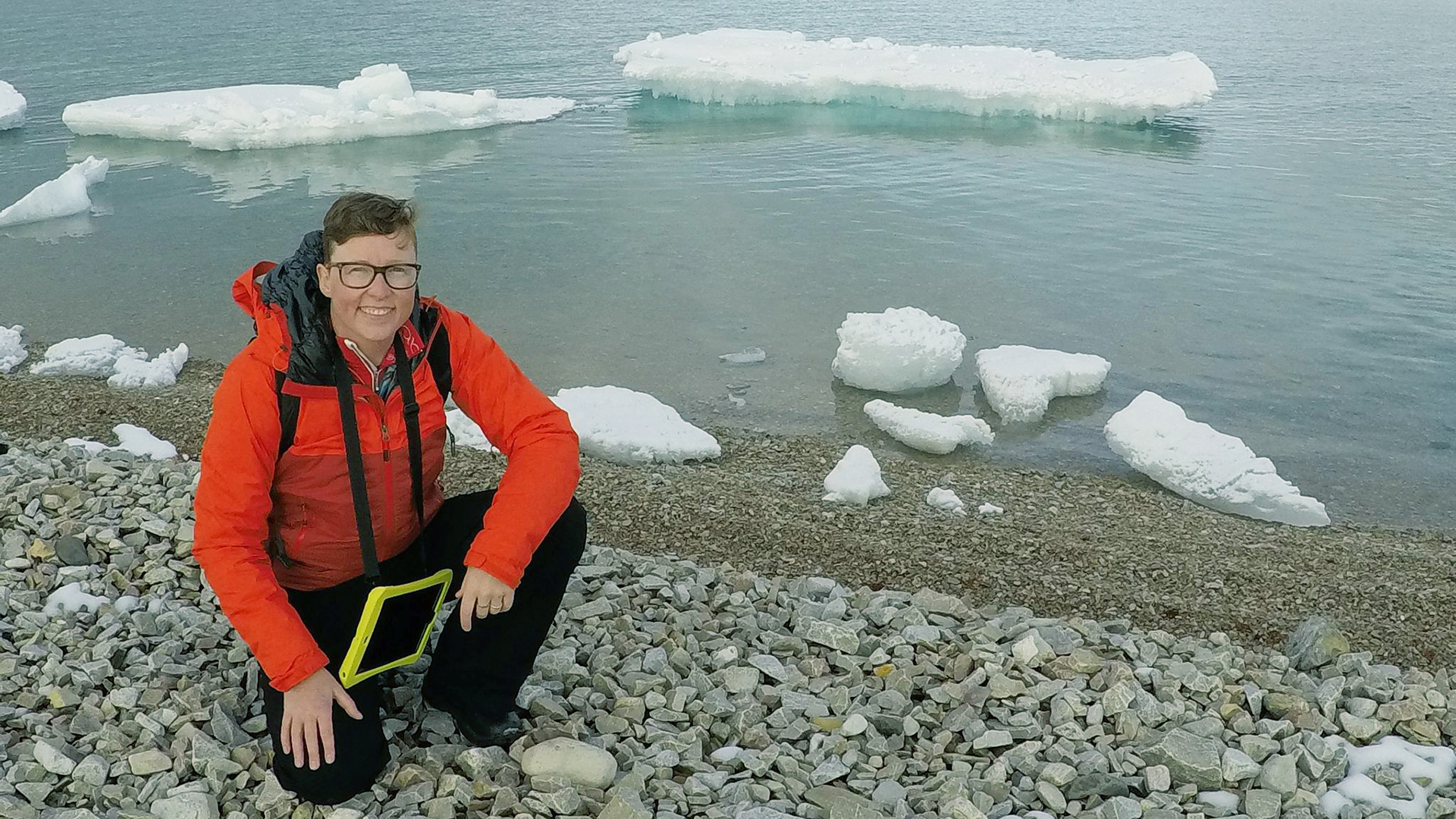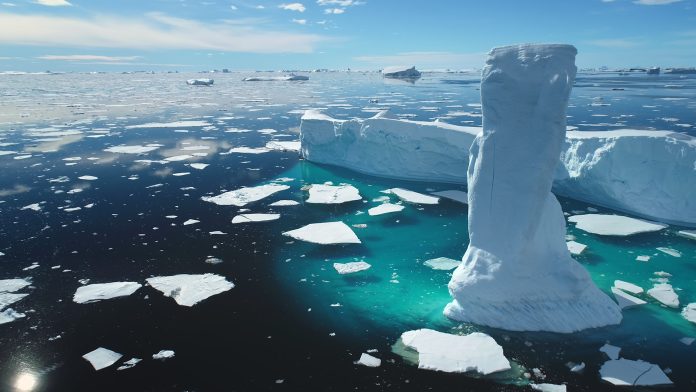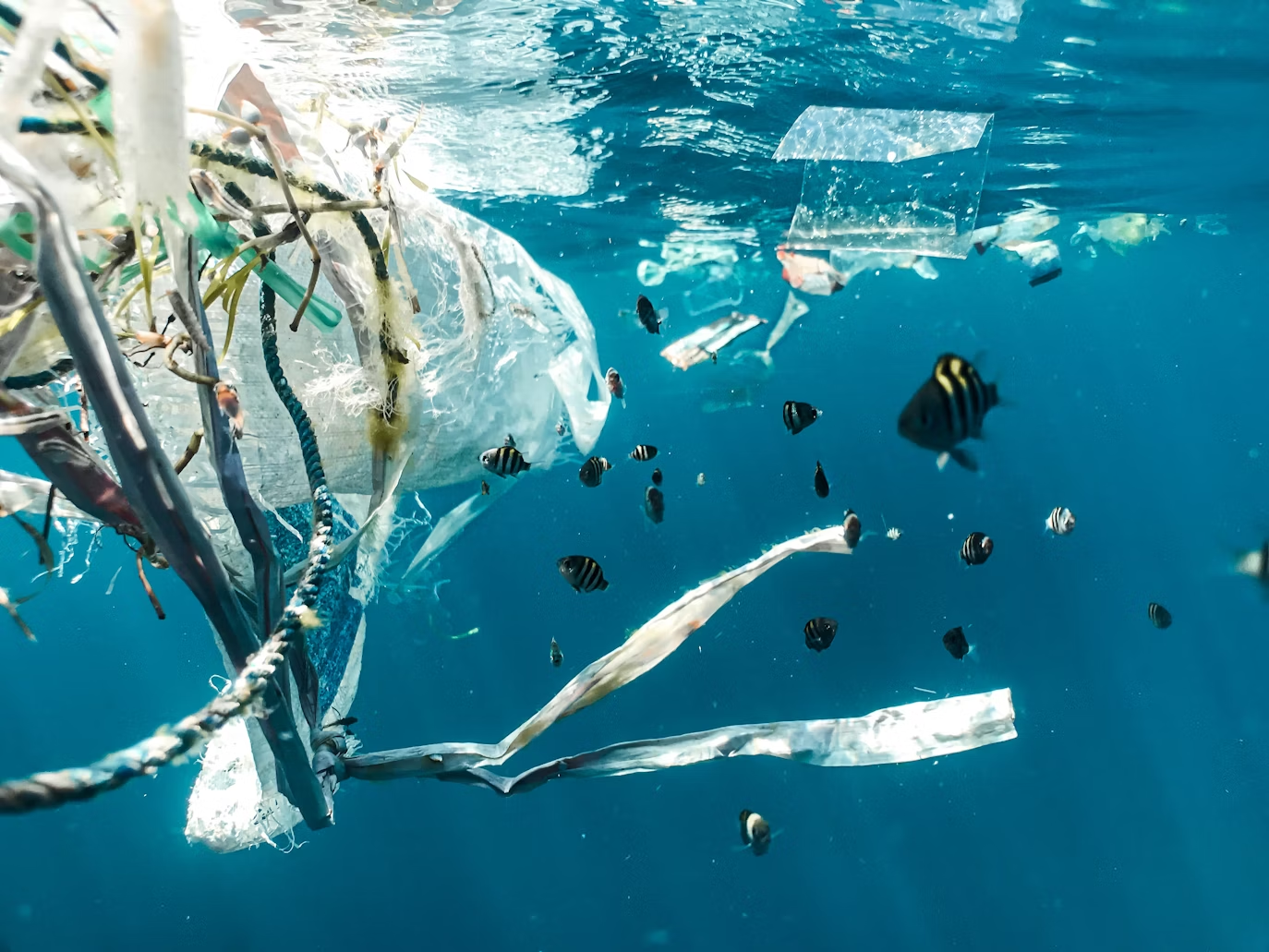Dr Jackie Dawson explains how the Environment, Society and Policy Group at the University of Ottawa focuses on the what, and the how, of science needed to support a sustainable world in the face of global climate change.
As outlined by the United Nations Intergovernmental Panel on Climate Change, there is not a single sector of society that will escape the impact of global warming. What we are less sure of is where, when, and how global warming will create risks for societies and what we as a global community can and should do about it. Increasing our understanding and certainty about the direct, indirect, and cascading risks of climate change can translate economic losses to opportunities, and for some, could mean the difference between death and life.
Established in 2011, the Environment, Society and Policy Group (ESPG) in Canada’s National Capital of Ottawa, is a global research leader in the human and policy dimensions of environmental and economic change. The ability of any group, sector, or community to adapt and respond to climate change risks is anything but uniform and no single organisation, government, or agency can possibly tackle these challenges alone. Thus, ESPG is an applied science group that specialises in transdisciplinary research and works in direct partnership with leaders in science, government, industry, and Indigenous communities to achieve more together than we could apart.
Environmental and economic change
Media headlines and even renowned science efforts often only refer to observed biophysical changes in our environment such as the melting of sea ice, glaciers, and ice caps, often only briefly considering the risks these changes will have for our collective global society. The cascading risks of climate changes can and will directly, and sometimes indirectly, lead to changes in access to natural resources, transformations in economic commodity valuations, diminishing wellbeing and health, alternations in global supply chain routings, and even to geopolitical tensions and conflict.
The ESPG combines cutting-edge methodological techniques, such as modelling and mapping, geospatial analytics, artificial intelligence (AI), and machine learning, with human social values, culture, and ethics to ensure our findings are real-world relevant and impactful.

Leveraging discovery and diversity
How our group engages in science is as important to us as what science we do. All our projects emphasise scientific excellence through a focus on diversity and inclusion. Our team includes scholars and students from all over the world and places a special emphasis on Indigenous and local knowledge and on supporting women in science. Our approach to project development involves extensive consultation with communities, industry and government from the outset to the conclusion of projects to ensure policy-relevant, feasible, and effective solutions.
Creating global connections and solutions
Leading up to the International Polar Year (IPY) (2032), Canada is currently planning a major science mission in the Arctic that is aimed at bringing the global science and knowledge communities together to understand the dynamics and implications of global climate change in the region and the cascading effects for the world. The mission will create key partnerships with Arctic and non-Arctic like-minded nations and will lay a framework for science needs during the IPY. The ESPG is playing a leadership role in the organisation and implementation of Arctic Pulse.
Please note, this article will also appear in the 19th edition of our quarterly publication.





